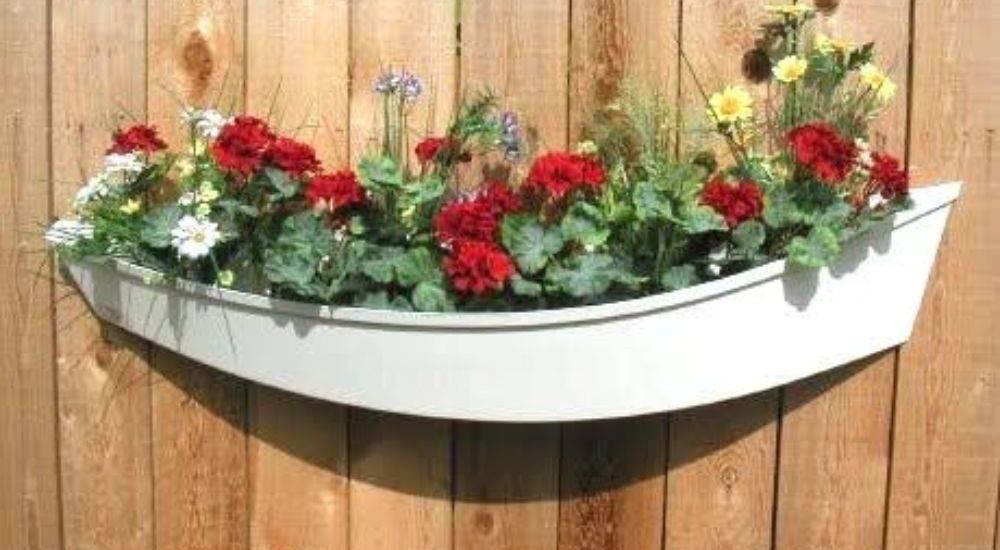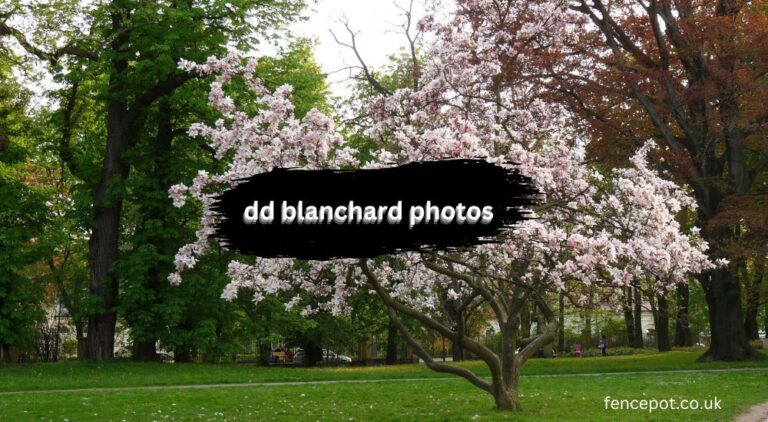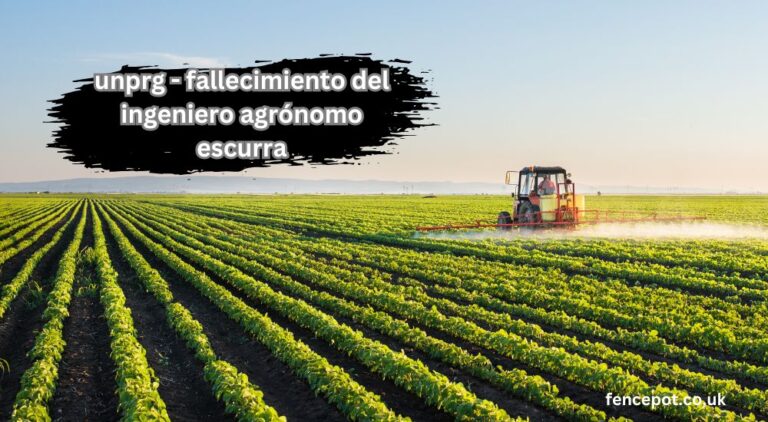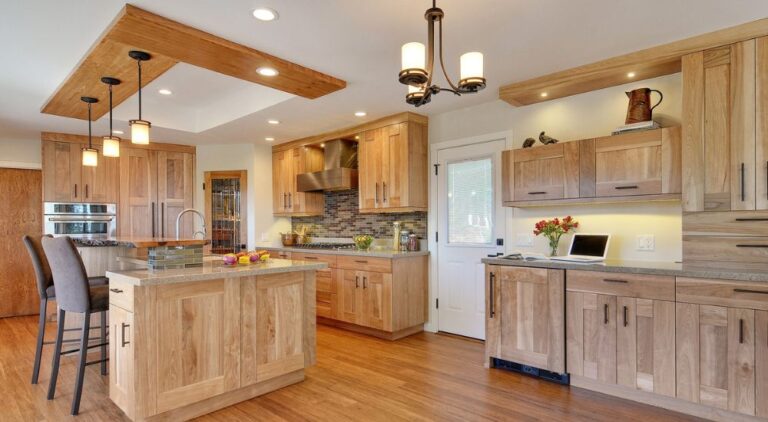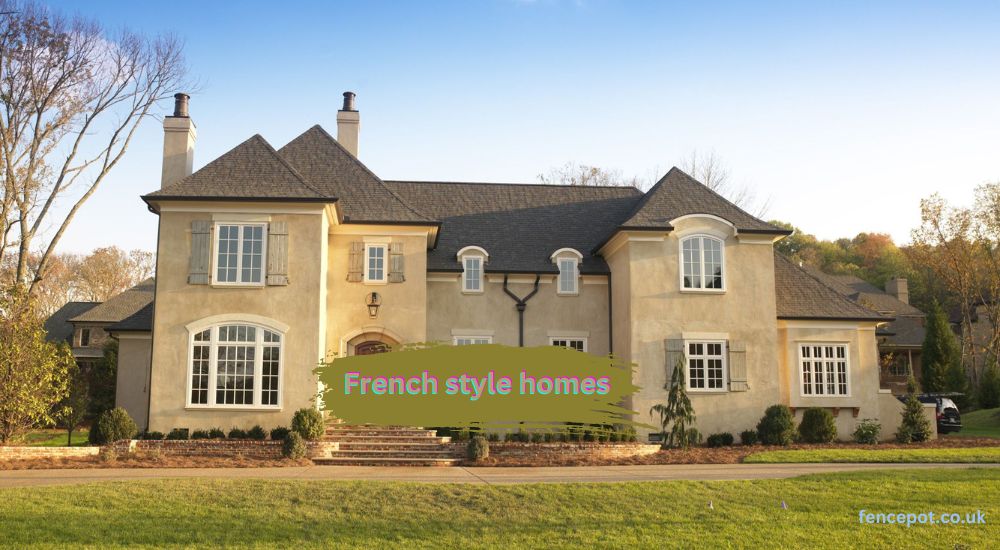When it comes to enhancing the look and functionality of your garden, a Fencepot can be a game-changer. But what exactly is a Fencepot? Simply put, it’s a versatile garden structure that combines the benefits of fencing and potting in one elegant solution. Whether you’re looking to boost privacy, improve aesthetics, or add functional elements to your garden, a Fence pot offers a unique approach that stands out.
What is Fencepot
Fencepot is a term used to describe a versatile garden structure that combines the functionality of fencing with the aesthetic appeal of garden pots. Essentially, a Fence pot integrates plant containers into the design of a fence, allowing for a seamless blend of greenery and boundary definition. This dual-purpose structure serves both as a decorative element and a practical solution for enhancing garden privacy, organization, and visual interest. Fence pots can be made from various materials, including wood, metal, and composite materials, and can be customized to suit different garden styles and personal preferences.
History of Fencepot
The concept of the Fencepot isn’t new. Its origins can be traced back to ancient civilizations where gardening and fencing were integral to home aesthetics and security. Over time, the design and materials have evolved, reflecting changes in technology, materials science, and design preferences. Today, Fence pots are a staple in both residential and commercial gardens, beloved for their blend of form and function.
Types of Fencepot Designs
Fencepot designs vary widely, catering to different tastes and garden styles.
Traditional Fence pot Designs
These designs often feature classic elements such as wooden frames and simple lines. They evoke a sense of timelessness and can seamlessly blend into traditional garden settings.
Modern Fencepot Designs
Modern designs prioritize sleek lines, minimalism, and the use of contemporary materials like metal and composite materials. These Fence pots can add a touch of sophistication to any garden.
Customized Fencepot Designs
For those looking for something unique, customized Fence pot designs offer endless possibilities. Whether it’s a specific shape, color, or feature, customization allows your Fence pot to be a true reflection of your personal style.
Materials Used in Fencepot Construction
The choice of materials significantly impacts the durability, maintenance, and overall look of your Fencepot.
Wood
Wooden Fence pots are classic and blend well with natural garden elements. They do require regular maintenance to prevent rot and extend their lifespan.
Metal
Metal Fencepots, especially those made from wrought iron or aluminum, are known for their durability and low maintenance. They can add a modern or rustic touch depending on the finish.
Composite Materials
These are a blend of wood fibers and plastic, offering the best of both worlds—natural appearance and enhanced durability. They are also resistant to weather and pests.
Sustainable and Eco-friendly Options
With growing environmental consciousness, sustainable materials like reclaimed wood or recycled metals are becoming popular choices for Fencepots.
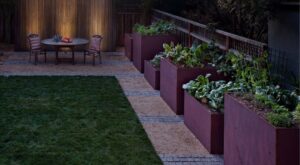
Choosing the Right Fence pot for Your Garden
Selecting the right Fencepot involves considering several factors. Think about what you want to achieve with your Fence pot. Is it privacy, decoration, or both? Your Fence pot should complement the existing elements in your garden. Whether you have a modern, rustic, or eclectic garden, there’s a Fence pot to match. Fence pots come in a range of prices. Setting a budget beforehand can help narrow down your choices and prevent overspending.
DIY vs. Professional Fence pot Installation
Should you install your Fencepot yourself or hire a professional? DIY installation can be cost-effective and rewarding but requires time, effort, and some level of skill. Professionals bring expertise and can ensure your Fence pot is installed correctly and efficiently, saving you potential headaches down the line.
Step-by-Step Guide to DIY Fencepot Installation
Installing a Fencepot yourself can be a rewarding and cost-effective project. First, assess your space and measure the area where you plan to install the Fence pot, considering the height and length needed for privacy and aesthetics. Create a detailed plan, drawing a sketch of your Fence pot design and deciding on the number and placement of pots within the structure. Gather all necessary materials, such as fence panels, posts, potting containers, soil, plants, and fasteners, as well as tools like a measuring tape, level, post hole digger, saw, drill, and hammer. Clear the area of any obstacles and ensure the ground is level.
Tips for Ensuring Stability and Durability
Make sure the Fencepot is stable by securing it properly and using high-quality materials.
Maintenance Tips for Fence pot
To keep your Fence pot looking great and functioning well:
Regular Cleaning
Clean your Fence pot regularly to prevent dirt and grime buildup.
Preventing and Treating Rust or Rot
Inspect your Fencepot for signs of rust or rot and treat any issues promptly.
Seasonal Maintenance Tips
Different seasons bring different challenges. Ensure your Fence pot is ready for each season by performing specific maintenance tasks.
Creative Ideas for Fence pot Decoration
Enhance your Fencepot with these decorative ideas. Incorporate climbing plants or hang flower pots to add color and life. String lights or solar lights can make your Fence pot a stunning feature at night. Add garden art or other accessories to personalize your Fence pot.
Benefits of Using Fence pot in Your Garden
There are many reasons to consider a Fencepot for your garden.
Enhanced Privacy: A Fence pot can create a secluded space, providing privacy from neighbors or passersby.
Improved Aesthetics: A well-chosen Fence pot can significantly enhance the visual appeal of your garden.
Functional Benefits: Besides aesthetics, Fence pots can serve practical purposes like supporting plants or defining garden areas.
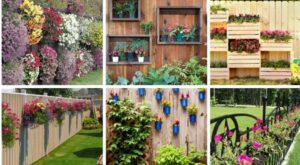
Common Mistakes to Avoid with Fencepot
Avoid these pitfalls to ensure your Fencepot project is successful.
Poor Planning and Measurement: Take the time to plan and measure accurately to avoid costly mistakes.
Incorrect Material Selection: Choose materials that are suitable for your garden’s environment and your maintenance capabilities.
Neglecting Maintenance: Regular maintenance is crucial to keep your Fence pot in top condition.
Innovative Fence pot Trends in 2024
Stay ahead of the curve with these trends. Technology is making its way into gardens with smart Fence pots that include features like automated watering systems. Sustainable materials and eco-friendly designs are increasingly popular. Bold colors, intricate patterns, and mixed materials are on-trend for 2024.
Expert Tips for Maximizing Fencepot Potential
Maximizing the potential of your Fencepot involves strategic planning, creative design, and ongoing maintenance. Start by choosing the right plants that suit your climate and sunlight conditions, mixing flowering plants, foliage, and trailing vines for a dynamic display. Incorporate a drip irrigation system to ensure consistent moisture, and use high-quality soil enhanced with compost to provide essential nutrients. Adding mulch helps retain moisture, suppress weeds, and maintain soil temperature. Utilize vertical space with hanging planters or trellises to increase planting area and visual interest. Regular pruning and deadheading encourage new growth and prevent overcrowding. Plan for seasonal planting and rotation to keep your Fence pot fresh and exciting year-round.
FAQs about Fencepot
How long does a Fencepot last?
The lifespan of a Fencepot depends on the materials used and how well it’s maintained. With proper care, a high-quality Fence pot can last for many years.
Can I install a Fencepot on my own?
Yes, with the right tools and a detailed plan, DIY installation is possible. However, hiring a professional can save time and ensure a flawless finish.
What is the best material for a Fence pot?
The best material depends on your preferences and garden conditions. Wood offers a natural look, metal is durable, and composite materials offer a balance of both.
How do I maintain my Fence pot?
Regular cleaning, inspecting for damage, and treating issues like rust or rot promptly are key to maintaining your Fencepot.
Are there eco-friendly Fence pot options?
Yes, many manufacturers offer Fence pots made from sustainable materials like reclaimed wood or recycled metal.
Conclusion
Incorporating a Fencepot into your garden can significantly enhance both its aesthetic appeal and functionality. By carefully selecting the right plants, utilizing efficient irrigation systems, and using high-quality materials, you can create a stunning and practical garden feature. Regular maintenance, creative design elements, and strategic planning will ensure your Fence pot remains a vibrant and integral part of your outdoor space. Embrace the opportunity to experiment with different plants, decorations, and layouts to keep your garden dynamic and engaging. With dedication and care, your Fence pot will not only beautify your garden but also provide a unique and enjoyable gardening experience.
Read More interesting topic about bedroom

